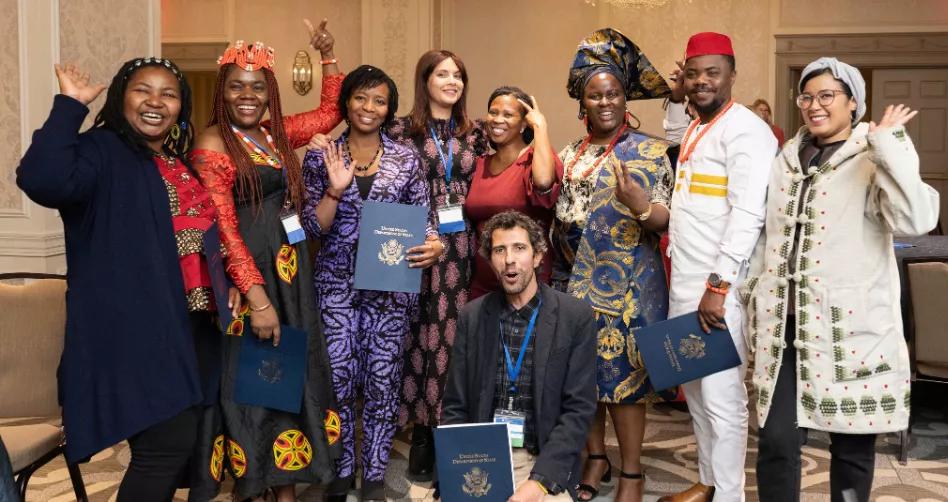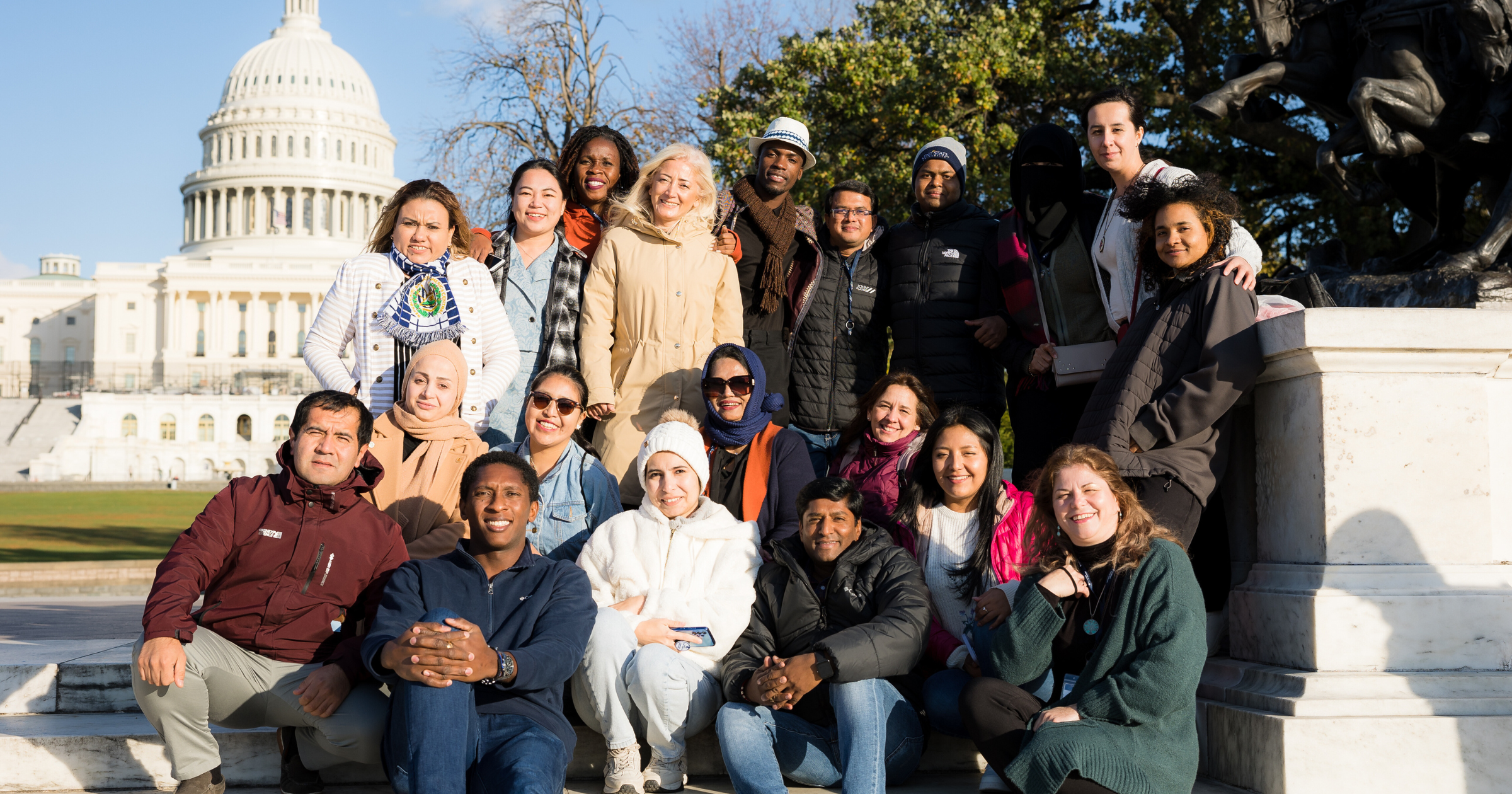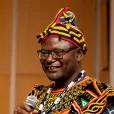Fulbright Teaching Excellence and Achievement Program
Secondary-level educators from participating countries and territories.
Albania, Algeria, Argentina, Armenia, Azerbaijan, Bangladesh, Barbados, Belarus, Bolivia, Bosnia & Herzegovina, Bulgaria, Burkina Faso, Myanmar (Burma), Cambodia, Cameroon, Chile, Colombia, Costa Rica, Côte d’Ivoire, Croatia, Czechia, Dominican Republic, Ecuador, Egypt, El Salvador, Estonia, Georgia, Ghana, Guatemala, Guinea-Bissau, Haiti, Honduras, Hungary, India, Iraq, Jordan, Kazakhstan, Kenya, Kyrgyzstan, Laos, Latvia, Lithuania, Malawi, Malaysia, Mali, Moldova, Mongolia, Nepal, Nicaragua, Niger, Nigeria, North Macedonia, Palestinian Territories, Panama, Papua New Guinea, Peru, Romania, Samoa, Serbia, Slovakia, Solomon Islands, Sri Lanka, Tajikistan, Tanzania, Thailand, Timor-Leste, Togo, Tunisia, Türkiye, Turkmenistan, Ukraine, Uruguay, Uzbekistan, Vanuatu, Vietnam, Zambia
6 weeks

Please contact your local U.S. Embassy or Fulbright Commission for specific application and notification information, as they vary by country or territory.
The Fulbright Teaching Excellence and Achievement Program brings international secondary-level educators to the United States for a six-week professional learning opportunity at a host university. Participants take part in academic seminars, observe and co-teach in U.S. classrooms, and collaborate on best educational practices with educators and students at the host university and at local secondary schools. Participants engage in various civic and cultural activities in their host communities to promote mutual understanding.
Program Description
Fulbright Teaching Excellence and Achievement participants attend academic seminars at a host university that focus on topics such as new teaching methodologies, student-centered learning, instructional technology, and content-based instruction. Participants complete a minimum of 40 hours in a field experience with a U.S. partner educator of their same or a similar discipline in a local secondary school. Participants also learn about the United States and their host communities through an offering of cultural activities. Applicants may choose the general program or apply for a cohort focused on girls' education, STEM education, or technology education.
- Activities
Are you currently a full-time, secondary-level educator living and working in one of the participating Fulbright Teaching Excellence and Achievement countries or territories and looking to explore new teaching methodologies, to develop your skills with instructional technology, and learn about the U.S. educational system?
Fulbright Teaching Excellence and Achievement is open to educators in all disciplines including English, English as a Foreign Language, math, science, foreign languages, social studies, and special education. Applicants must possess a bachelor’s degree or equivalent education and experience, and demonstrate English language proficiency. Applicants must be able to travel to the United States for six weeks.

2023 Fulbright Teaching Excellence and Achievement Program participants visit Washington, DC. group of international Fulbright Teachers outside the U.S. Capitol in Washington, DC- Application
The Fulbright Teaching Excellence and Achievement Program is open to full-time secondary educators in participating countries.
Ready to apply? Please contact your local U.S. Embassy or Fulbright Commission for information about how to apply, including specific application deadlines, as this varies by country or territory.
- Selection Criteria
Fulbright Teaching Excellence and Achievement participants are selected through an open competition. Applications are reviewed by U.S. Embassies and/or Fulbright Commissions in participating countries and nominated according to a number of evaluation criteria. Preference will be given for applicants who have not participated in another Fulbright program and/or have not had significant previous professional experience abroad in the last five years (study, teaching, research, or employment). The Fulbright Foreign Scholarship Board approves all final nominations.
All nominated applicants will be notified of the selection decision by their local U.S. Embassy or Fulbright Commission.



